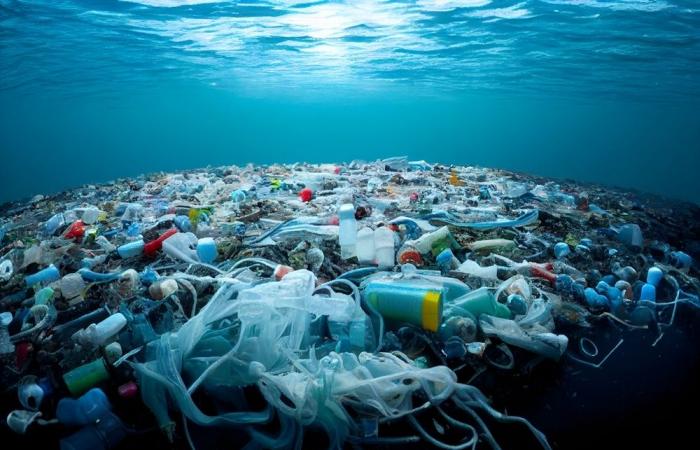International negotiations under the auspices of the UN aimed at establishing a legally binding treaty to combat plastic pollution have failed. Despite several days of intense discussions, the 175 countries gathered failed to agree on a common text. This failure highlights deep tensions between economic interests, environmental priorities and divergent political strategies.
A treaty that is nevertheless essential for the future of the planet
The proposed global treaty against plastic pollution aimed to legally regulate the reduction of plastic production, establish restrictions on associated toxic substances and develop financial mechanisms to help developing countries manage waste. The main objective was ambitious: to limit the disastrous environmental impacts of plastic, the 400 million tonnes of which produced annually contribute massively to the destruction of marine and terrestrial ecosystems..
Key figures:
• Annual global plastic production: 400 million tonnes.
• Proportion recycled: only 9 %.
• Plastic pollution in the oceans: approximately 11 million tonnes per year.
Why did the negotiations fail?
Several points of disagreement prevented the conclusion of an agreement:
1. Reduction in production :
• Oil-producing countries, such as Saudi Arabia, Russia and Iran, have refused any limits on plastic production, believing that pollution should be managed only through recycling.
• In contrast, the European Union and its allies, including France, insisted on a global reduction in production to tackle the source of the problem.
2. Financial aid :
• Developing countries have called for substantial funds to finance waste management. However, no clear proposals have emerged to satisfy these demands.
3. Toxic substances :
• The establishment of a list of plastic products deemed dangerous has also sparked divisions. The petrochemical industries have lobbied intensively to limit these restrictions.
Furthermore, the role of so-called “like-minded” countries, bringing together states heavily dependent on petrochemical industries, has been particularly criticized. These nations, accused of systematic obstruction, have prevented substantial discussions on issues deemed consensual, such as recycling..
Henri Bourgeois Costa, of the Tara Océan Foundation, denounced:
« These countries tirelessly repeated the same arguments, deliberately slowing down the negotiations ».
Despite these blockages, the “high ambition” coalition, which includes 95 countries, has gained ground by attracting support among undecided states. This dynamic suggests a possibility of consensus during the next sessions.
Perspectives et implications
The failure of Busan marks a stage, but not an end. A new negotiation session is planned for spring 2025. However, uncertainty remains over the position of two key players: China and the United States. While the latter had adopted an ambitious approach, the imminent arrival of Donald Trump in power could reshuffle the cards.
At the same time, some countries are considering signing bilateral or regional agreements to limit the impact of plastic pollution. An option which risks further widening the gap between nations.
The absence of a global agreement poses serious risks for the environment. Experts warn that without immediate action, plastic production could double by 2050, exacerbating impacts on biodiversity and human health.
Andrew Yatilman, representative of Micronesia, warned with a desperate tone:
« If nothing is done, we will soon be eating plastic instead of fish ».






